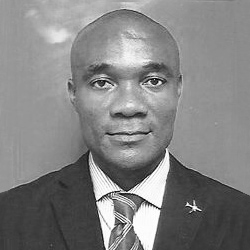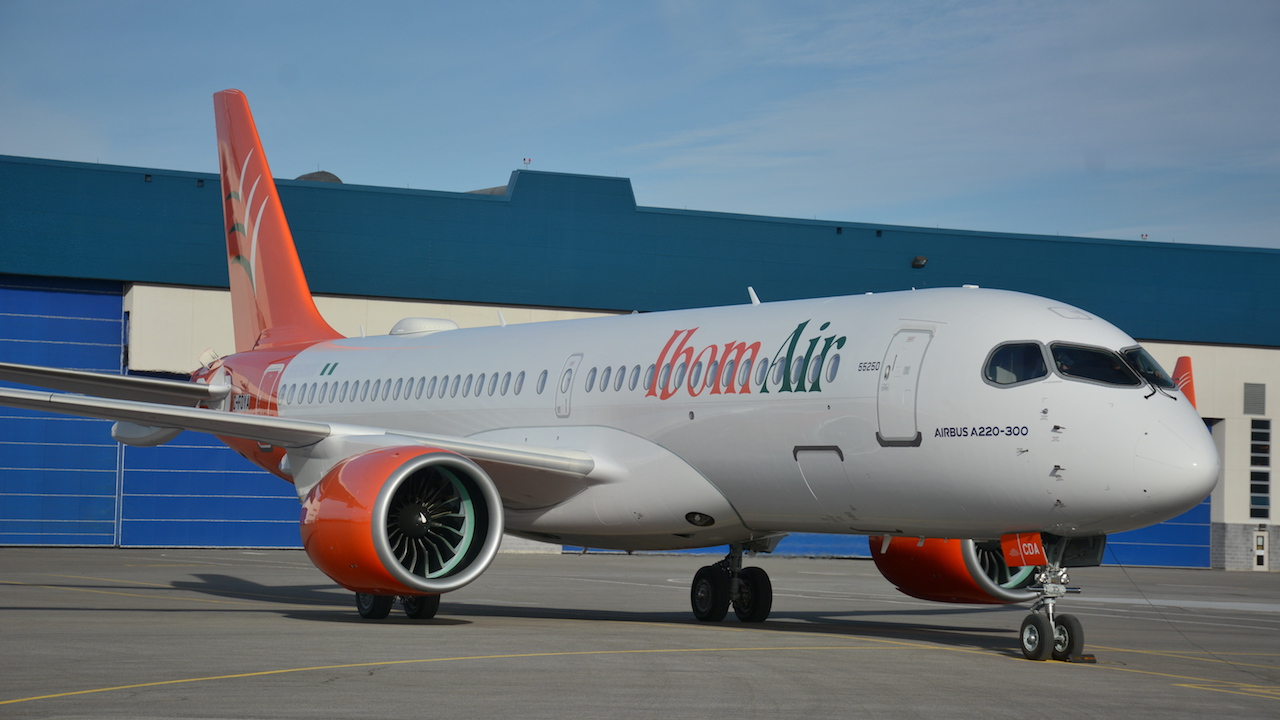Why strikes keep striking Nigeria
A series of strikes, or threatened action, has been rocking Nigeria’s aviation industry.

On the march: Aviation workers protest anti-labour clauses in new aviation bills. Picture: Air Transport Senior Staff Services Association of Nigeria.
It started in February last year when the National Union of Air Transport Employees (NUATE), and the Association of Nigeria Aviation Professionals (ANAP) joined other unions in a row over conditions of service.
Although action at the time was suspended, the row resurfaced in May just hours after domestic airlines under the Airline Operators of Nigeria (AON) announced plans to shut down flight operations over the astronomical hike in fuel price and other operating costs. Again, a last-ditch change of heart prevented any action.
Then, in July, NUATE and the National Association of Aircraft Pilots and Engineers (NAAPE) held a four-day solidarity protest with the umbrella workers’ union, the Nigeria Labour Congress (NLC), over the crisis in Nigeria’s education sector.
And, in September, a coalition of aviation workers’ unions held rallies at airports nationwide to protest anti-labour clauses in new aviation bills awaiting the president’s assent. Some clauses abolished strikes and authorised the minister of aviation to regulate unions’ activities.
Also in September, flights in and out of airports in a number of countries in west and central Africa, including Nigeria, were heavily disrupted after air traffic controllers defied a ban and launched a wildcat strike to demand better working conditions. The strike was suspended on September 24.
Stay up to date
Subscribe to the free Times Aerospace newsletter and receive the latest content every week. We'll never share your email address.


